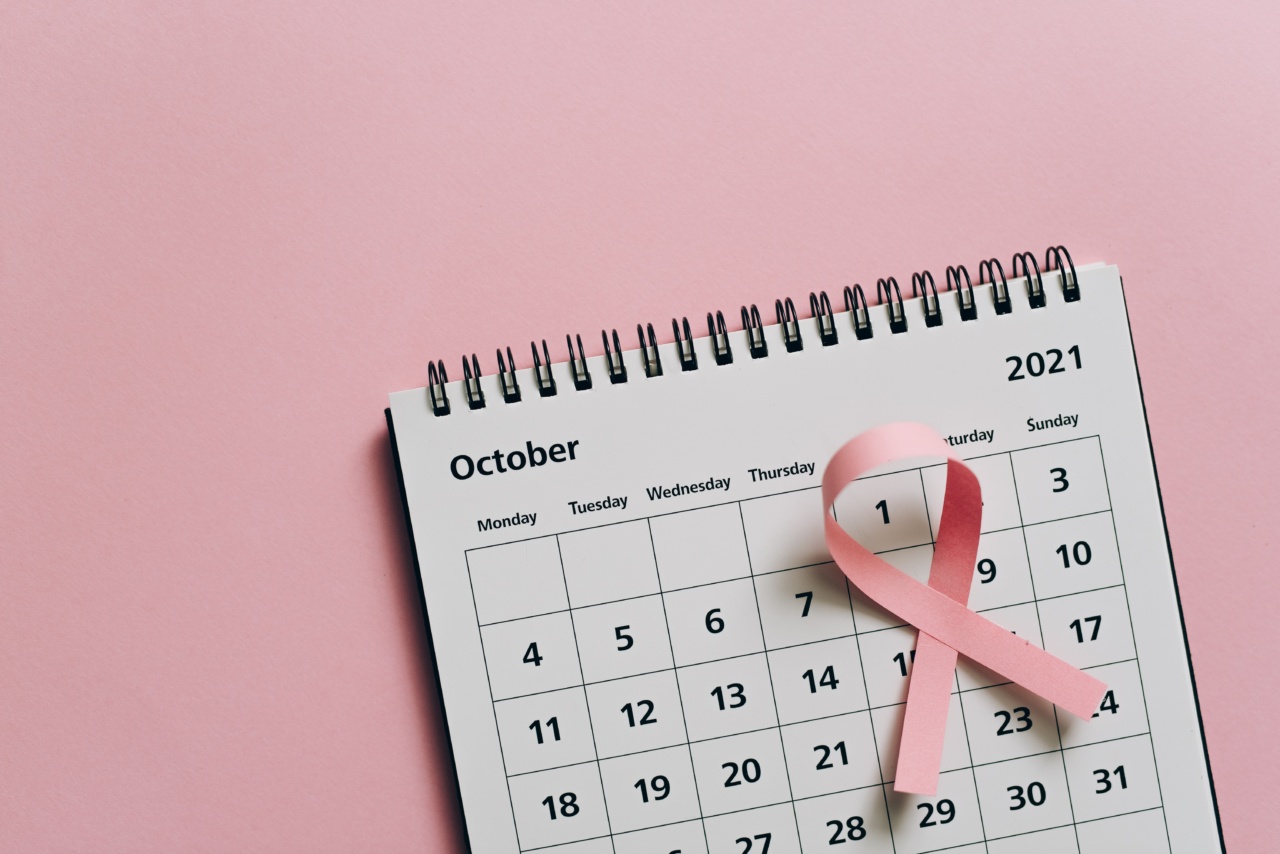Cancer is one of the deadliest diseases and affects millions of people worldwide. It’s a disease that can be caused by various factors, including genetics, lifestyle, and environmental factors.
While there are various treatments available for cancer, there’s still no cure for this deadly disease. However, there are ways that you can minimize your risk of developing cancer by adopting healthy lifestyle habits.
The Link between Habits and Cancer
Research has shown that certain unhealthy habits can increase your risk of developing cancer. These unhealthy habits include:.
1. Smoking
Smoking is one of the leading causes of cancer. Research has shown that smoking cigarettes can increase your risk of developing lung, bladder, pancreatic, and other types of cancer.
Quitting smoking is the single most effective way to reduce your risk of developing cancer.
2. Alcohol consumption
Excessive alcohol consumption has been linked to various types of cancer, including liver, breast, colon, and other cancers. Limiting your alcohol intake or avoiding it altogether can help reduce your risk of developing cancer.
3. Poor Diet
A poor diet can increase your risk of developing cancer. Consuming high amounts of processed foods, sugary beverages, and red and processed meats has been linked to various types of cancers.
Incorporating a healthy diet that includes fruits, vegetables, whole grains, and lean proteins can help minimize your risk of developing cancer.
4. Lack of Exercise
A sedentary lifestyle has been linked to increased risk of developing cancer. Regular exercise can help maintain a healthy weight, boost your immune system, and reduce the risk of developing cancer.
It’s recommended to aim for at least 150 minutes of moderate-intensity exercise per week.
5. Exposure to Environmental Toxins
Environmental toxins in the air, water, and soil can increase your risk of developing cancer. Minimizing your exposure to these toxins can help reduce your risk.
Some ways to minimize your exposure include using natural cleaning products, avoiding exposure to pesticides and chemicals, and choosing organic products.
How to Revamp Your Habits
Revamping your habits can seem like a daunting task, but it’s essential for reducing your risk of developing cancer. Here are some tips to help you revamp your habits:.
1. Quit Smoking
If you’re a smoker, quitting smoking is the most important thing you can do to reduce your risk of developing cancer. Speak to your doctor for support and advice on how to quit smoking.
2. Limit Alcohol Intake
If you choose to drink alcohol, limit your intake to one drink per day for women and two drinks per day for men. Avoid binge drinking, which can increase your risk of developing cancer.
3. Improve Your Diet
Incorporating a healthy diet that includes fruits, vegetables, whole grains, and lean proteins can help minimize your risk of developing cancer. Avoid processed foods, sugary beverages, and red and processed meats.
4. Exercise Regularly
Regular exercise can help maintain a healthy weight, boost your immune system, and reduce the risk of developing cancer. Aim for at least 150 minutes of moderate-intensity exercise per week.
5. Minimize Exposure to Environmental Toxins
Minimizing your exposure to environmental toxins can help reduce your risk of developing cancer. Use natural cleaning products, avoid exposure to pesticides and chemicals, and choose organic products when possible.
The Importance of Early Detection
Even with healthy habits, there’s still a risk of developing cancer. It’s essential to get regular cancer screenings to detect cancer early when it’s most treatable.
Speak to your doctor about recommended cancer screenings based on your age, gender, and family history.
Conclusion
Revamping your habits can help reduce your risk of developing cancer.
By quitting smoking, limiting alcohol intake, improving your diet, exercising regularly, and minimizing exposure to environmental toxins, you can take control of your health and reduce your risk of developing cancer. Remember to get regular cancer screenings to detect cancer early.






























